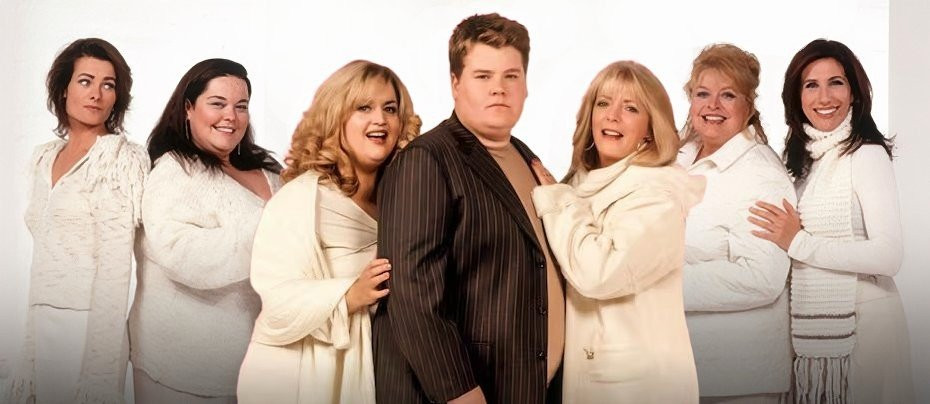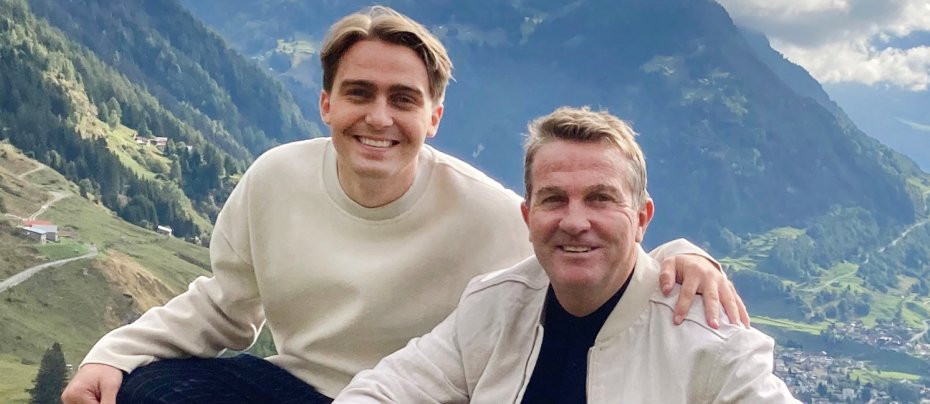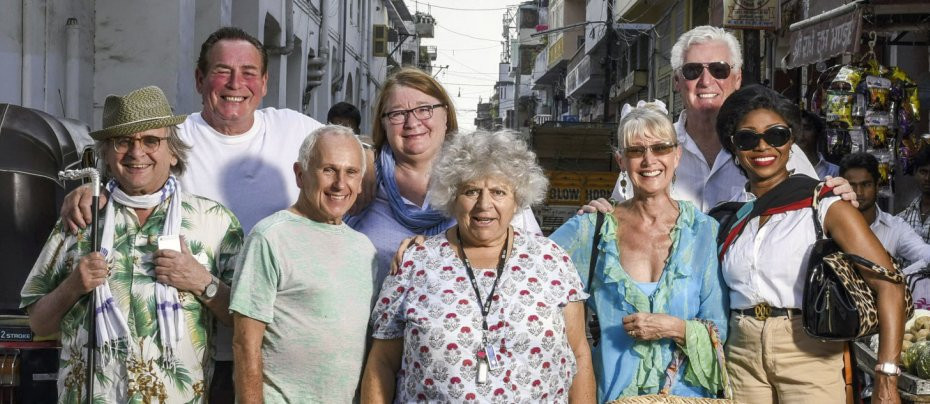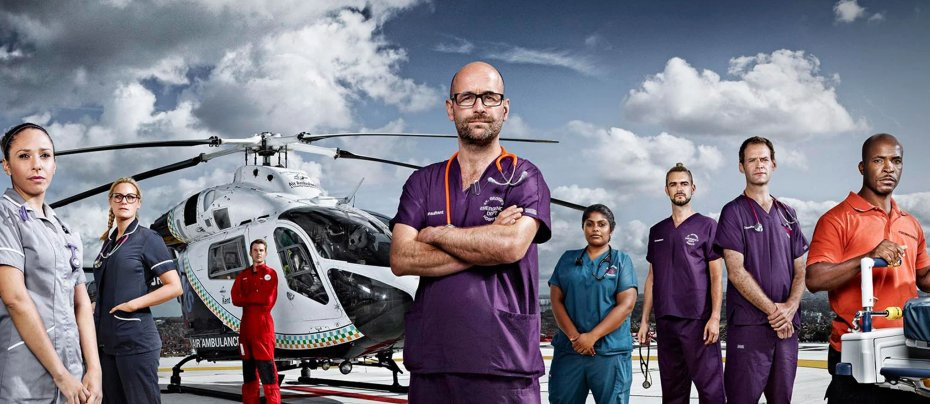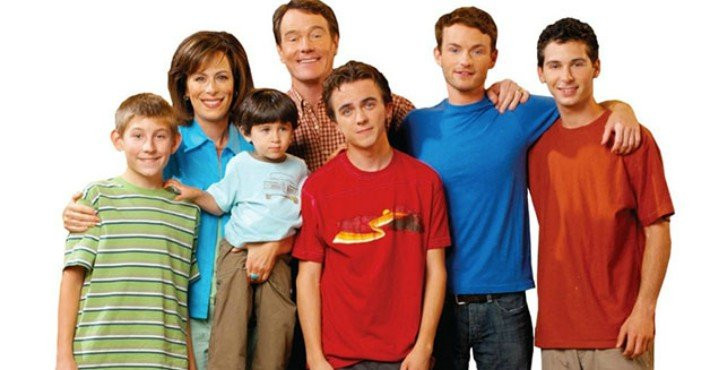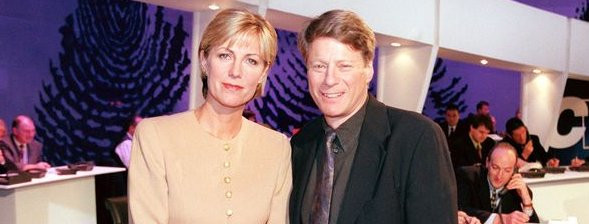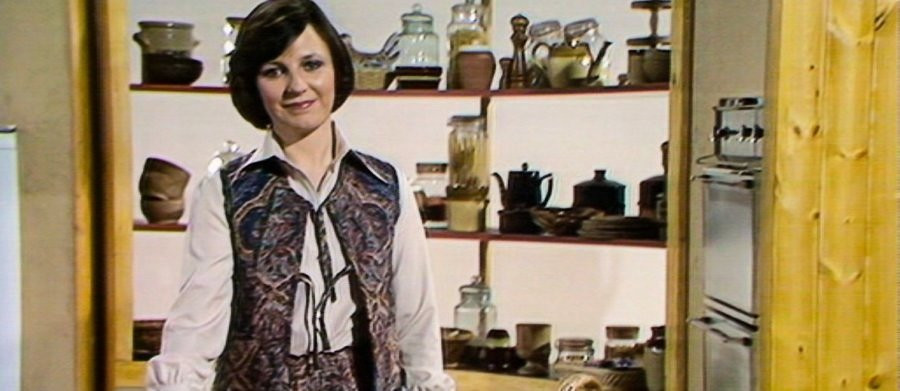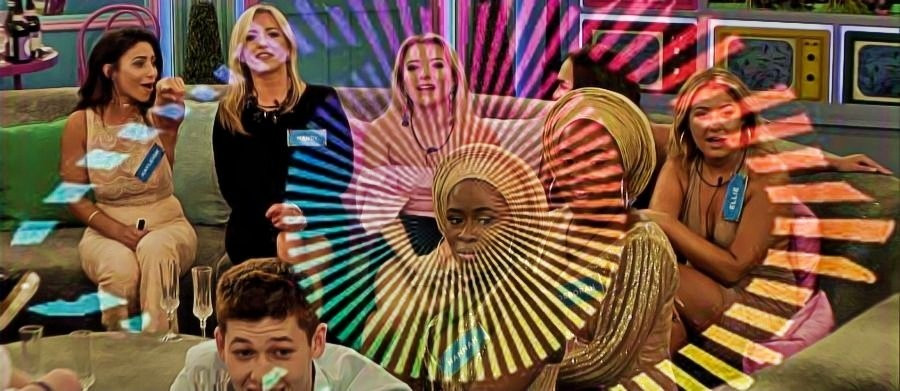
Big Brother
2000 - United KingdomIt's hard to forget the public shattering of Britney Spears, the pictures taken by famed paparazzi Francois Navarre of her head shaving debacle. Through every portal, the world rubber-necked to watch the car crash of her life unfold in graphic detail. Navarre’s cavalier approach to photo-journalism, grosses him a whopping annual turnover of some $10 million!
Unapologetic, Navarre says he will go as far as he can “without breaking the laws” and why not? The “global appetite for celebrity pictures…is insatiable" says Kevin Smith, former News Chief of gossip rag Splash News. It’s papers such as these that rather than put the proverbial fat kid gorging on a diet of celeb gossip; puts a fully stocked vending machine in their bedroom.
When fame turns to shame we’re all too ready to buy the magazines and read all about it in the papers. Big Brother waltzed in and invited us to shake up the game. Be part of a new reverse flow to fame and glory it asked. "Sure why not," we replied.
Like many other reality TV shows, Big Brother smells a little bit like a quasisocial experiment. A wonderfully simple format that promised nail biting tension. Of course with cameras rigged to every corner, the happy-to-pay public won’t be disappointed as they get to scrutinise every insidious and sordid going on.
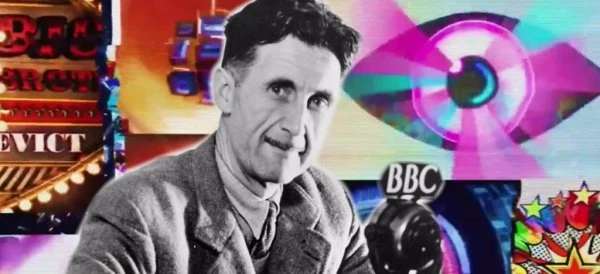
George Orwell’s dark look at an ever watching audience in his film 1984 and Andrew Nicol’s The Truman show ominously inspired the Dutch makers to create the hit programme. Thankfully, unlike the films, all contestants were willing to participate. Happy to be watched over by a critical public.
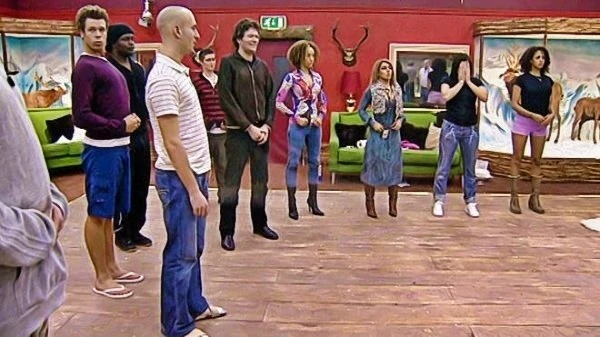
Taking the obsession people have with the rich, beautiful and famous; producers dangled the carrot before the applicants noses and let the game begin. You too can be part of this elite group if you sign here, act up here, and of course - only if you want to, flash a boob or winky here and there.
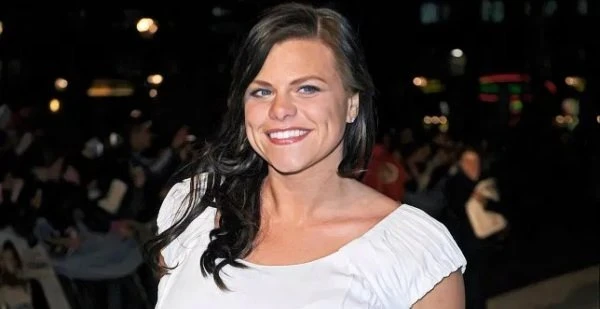
It’s not really fair then when people say the contestants are famous for nothing for they are tried and tested entertainers. Using nowt more than their personalities, they inspired jaw dropping moments. Brain-box Jade Goody believing East Anglia was in a whole other country, Brian Belo flopping his man-stick around the pool for the nation to see and Nasty Nick whisperispering his way to immunity from eviction. Their tom foolery was TV fodder at its best and worst.
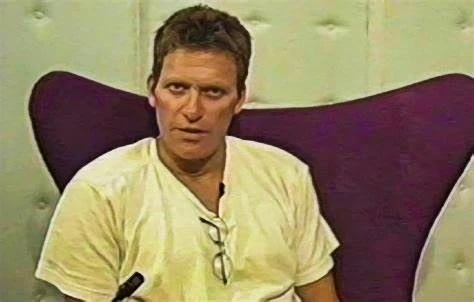
Had it not been for an intervention from the powers that be, Nick would’ve serenaded his way through to the final. Shows like Big Brother with the always on camera revealed how subjective reality is. The lack of the situational structuring in favour of editing, led the viewer to believe they were watching relationships organically develop between characters.
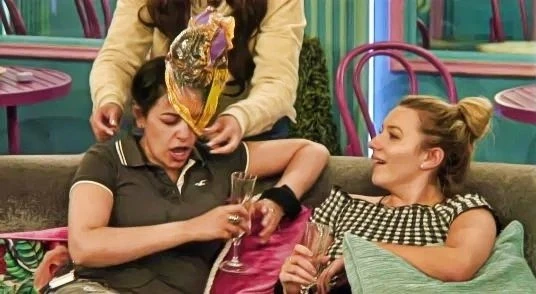
Sada Walkington from the first UK Big Brother, slated the show for their editing and broadcasted version of the supposed truth. She found they were a tad too effective with their footage nipping and tucking. Their choice of what to air was so warped, she felt it was destructive to her personality leaving her feeling betrayed and having to pick up the pieces when she returned to the real world.
No matter how much vigorous testing and personality probing the contestants undergo, there’s only so much you can test theoretically. Sitting in the comfort of our homes, a safe distance between us and the participants; it’s little wonder we don’t Yoda off our cushions. We were elevated to new heights as we were given the final say in who got booted out of the Big Brother bubble.
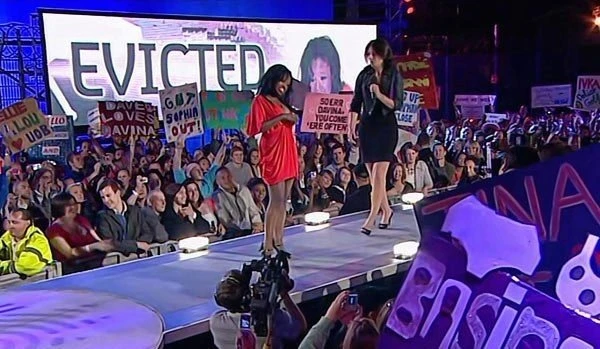
The public’s insatiable appetite was placated with having the final vote for only so long. Each series of the show shaped and formed characters that were prime for the new age of television. Skins had to be thickened for the new era of public interaction. Delving ever deeper, the relationship between the players and the public now waxes and wanes over social networks.
Critiquing on Twitter and Facebook with friends, family and strangers knocked walls down, creating street long front rooms. Complements and callous cussing showed those on the outside had joined in with the blending of the public and private persona. No longer hushed water-cooler conversation or coffee break banter, the digiverse became the home for heated opinion exchange.
The format of the show proved to be an optimum training ground for future fame, DJ and presenter being the top career choice for crowned contestants.
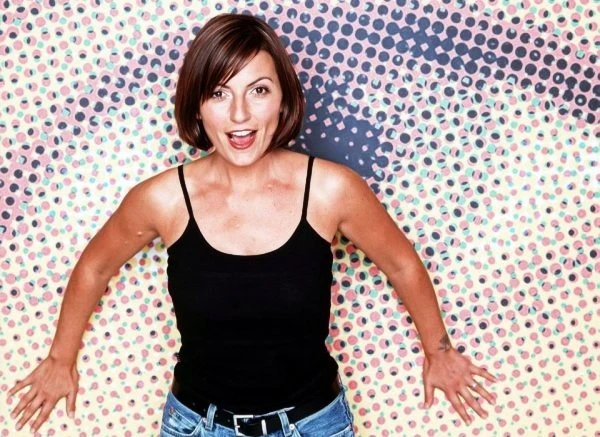
Big Brother 1 winner Craig became a popular DIY presenter on daytime telly. Brian Dowling, Big Brother 2 and ultimate Big Brother winner went on to host the show, replacing long standing presenter Davina McCall. Big Brother 4 winner Cameron went on to write and broadcast for the BBC in Aberdeen.
Once you’ve charmed your way around the other contestants, and remained in the bubble-cage for the entire series you’re clearly likeable enough to be considered by the networks. Winners proved they have a skin thick enough to suffer the cattle-prodding of producers whilst on the show. Add to that their willingness to shed personal privacy and you’ve got a presenter perfect for modern day mass-marketing.
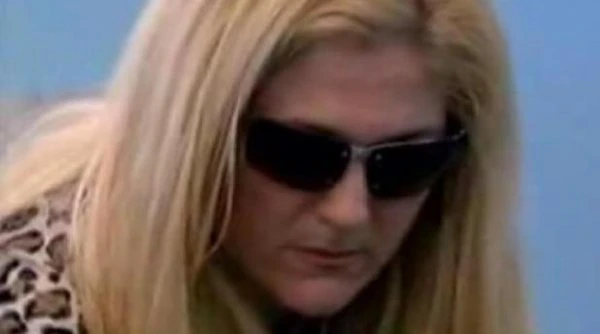
The show hasn’t been so kind to its celebrity counterparts mind. Many of those that headed in, despite their established star status crumbled under the pressure. Vanessa Feltz, TV personality and radio host, had her marbles shaken up by the experience. Snapping and swearing at contestants, scrawling in chalk on tables. Safe to say, she was a happy bunny when she was let back out into the wild landscape of normality.
When politicians head into confined spaces with other large characters, you never know what’ll happen. With George Galloway, it was bitching with Jodie Marsh, damn near brawling with Barrymore and who can forget the hello kitty moment with Rula Lenska? With those kind of shenanigans how can you not feel better about yourself? Here’s to the next fishbowl full of characters.
Seen this show? How do you rate it?
Seen this show? How do you rate it?
Published on June 8th, 2021. Written by Onome Okwuosa for Television Heaven.


